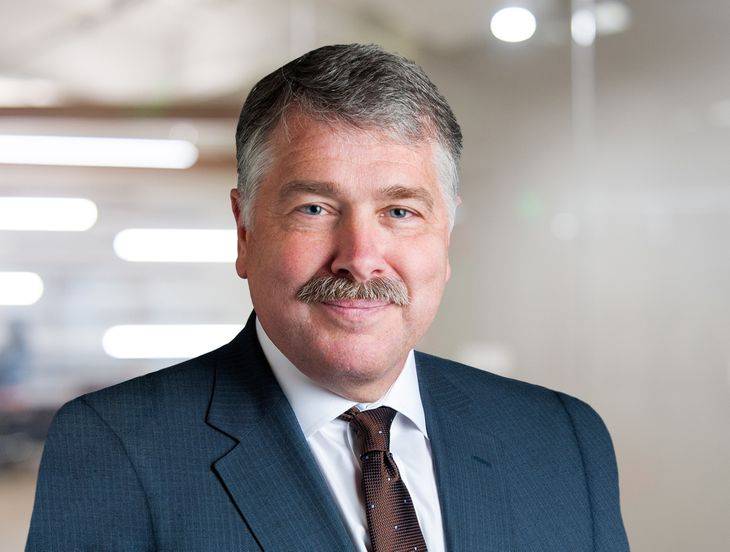Wednesday Workplace Ebola Update
Insights
10.22.14
The addition of monitoring efforts of West African travelers entering the U.S. after they leave the airport may relieve some people but concern others. From a labor lawyer's perspective, this approach continues the CDC's releuctance to isolate individuals. If the CDC continues this approach, it becomes more legally risky for an employer to refuse to let such a person return to work absent strong objective concern. See the excellent Reuter's piece below.
Howard
UPDATE 4-U.S. tightens Ebola monitoring for West African visitors
1:18pm EDT
(Rewrites throughout to add CDC announces new Ebola monitoring for visitors to United States from three worst-hit countries, NBC cameraman statement and other details)
By Bill Berkrot
NEW YORK, Oct 22 (Reuters) - U.S. health officials unveiled new measures on Wednesday to carry out Ebola monitoring on anyone entering the country from the three nations at the center of a West African epidemic, increasing precautions to stop the spread of the virus.
The U.S. Centers for Disease Control and Prevention (CDC) said that beginning Monday, travelers from Liberia, Sierra Leone and Guinea will be directed to check in with health officials every day and report their temperatures and any Ebola symptoms for 21 days, the period of incubation for the virus.
The travelers will be required to provide emails, phone numbers and addresses for 21 days, and the information will be shared with local health authorities.
Six states account for nearly 70 percent of all travelers entering the United States from the affected countries: New York, Pennsylvania, Maryland, Virginia, New Jersey and Georgia.
The travelers will be required to coordinate with local public health officials if they intend to travel within the United States. If a traveler does not report in, local health officials will take immediate steps to find the person.
CDC Director Dr. Tom Frieden told reporters the active monitoring program will remain in place until the outbreak in West Africa is over. The U.N. World Health Organization's latest figures on Wednesday showed at least 4,877 people out of 9,936 cases have died in the outbreak, the worst on record.
"These new measures I'm announcing today will give additional levels of safety so that people who develop symptoms of Ebola are isolated early in the course of their illness," Frieden said. "That will reduce the chance that Ebola will spread from an ill person through close contact and to healthcare workers."
The move builds upon enhanced screening of passengers from the three countries at major U.S. airports for international travel, but stops short of an outright travel ban advocated by some U.S. lawmakers.
The Department of Homeland Security has said that beginning Wednesday travelers from Liberia, Sierra Leone and Guinea would be funneled to one of five major U.S. airports conducting enhanced screening for the virus.
The CDC said the active monitoring program affects anyone coming back from the region including CDC employees and journalists. The agency said all affected travelers when they enter one of the five airports will receive a care kit that contains tracking log, a pictorial description of symptoms, a thermometer, instructions on how to monitor their temperature and information on what to do if they experience symptoms.
In other developments, Ron Klain, the lawyer appointed by the White House to coordinate to coordinate the country's response to the outbreak got to work on Wednesday. President Barack Obama was due to meet with Klain later in the day.
Leading drugmakers also gave details of a plan to accelerate development of an Ebola vaccine and produce millions of doses.
Only three Ebola cases have been diagnosed in the United States: Thomas Eric Duncan, a Liberian who fell ill after flying to the United States in September, and two nurses who treated him at Texas Health Presbyterian Hospital in Dallas. Duncan died on Oct. 8, while the two nurses are being treated at other hospitals.
VACCINE DRIVE
The World Health Organization said it hopes tens of thousand of people in Africa, including front-line healthcare workers, can start receiving vaccines beginning in January.
(CONTINUE READING AT REUTERS) http://www.reuters.com/article/2014/10/22/health-ebola-usa-idUSL2N0SH12J20141022
Related People
-
- Howard A. Mavity
- Partner
